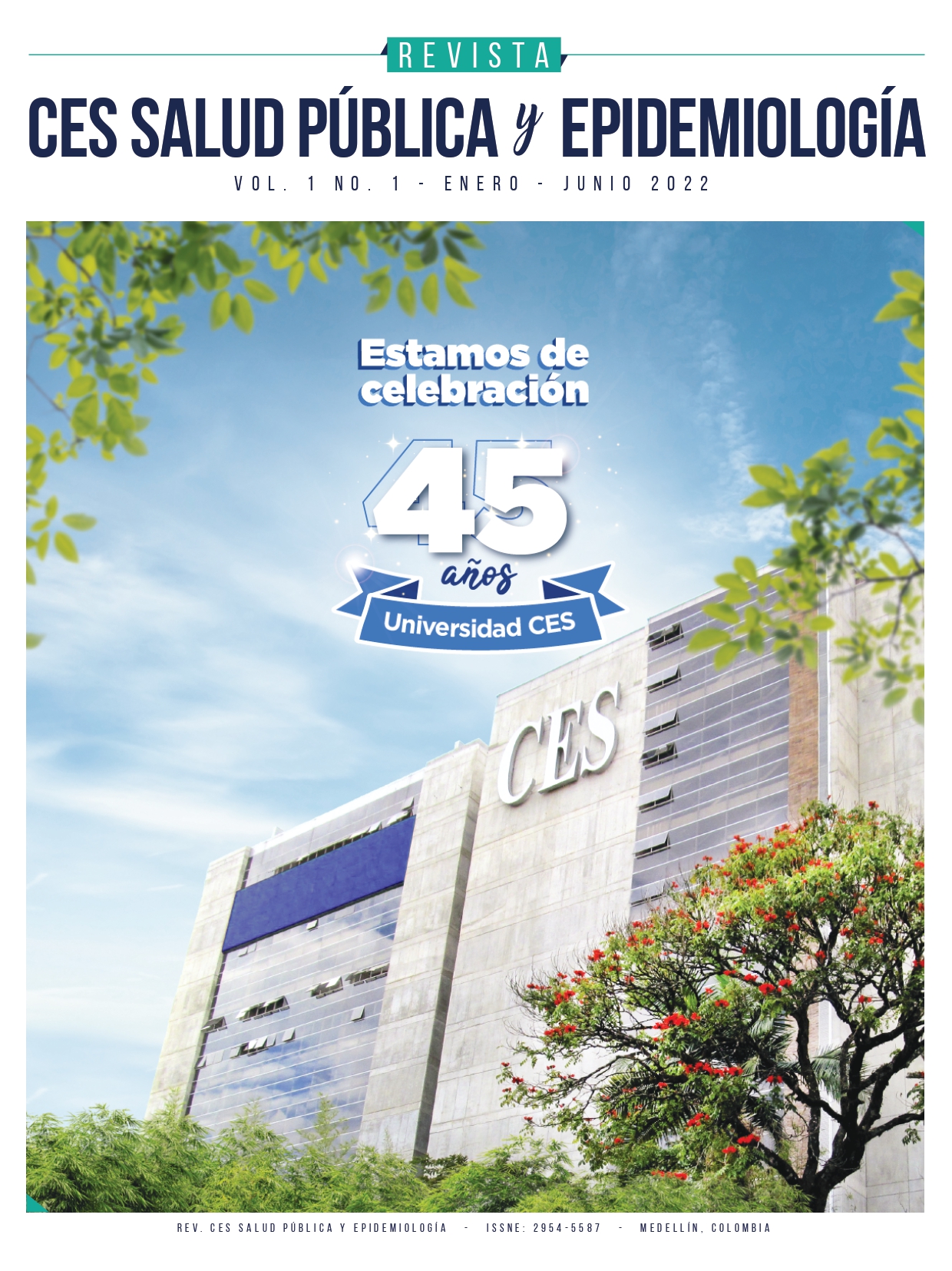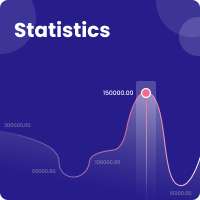Assessment of artificial intelligence health technologies ¿Should it be different?
DOI:
https://doi.org/10.21615/cesspe.6572Keywords:
artificial intelligence, bioethics, technology assessment, biomedicalAbstract
When determining its suitability for health uses, should Artificial Intelligence(AI)-based health technology be evaluated differently from other technologies? Although the evaluation of technological developments is strongly oriented to the process (design) and market impact, the evaluation of health technologies is strongly oriented towards the consequences, both positive and negative, on the health of individuals and the health of the population. The evaluation of health technologies must continue evolving to adapt to the defiance posed by AI in health, and thus respond to the growing expectations, the new social, legal, and ethical challenges, and the new evaluative restrictions that different authors have highlighted as challenges in the implementation of IA technologies. We require new professional and social consensus around this issue that is already being implemented and developed (even by itself) with dizzying speed. This paper presents some personal reflections on the subject from the fundamental principles of evaluation and bioethics considerations.
Downloads
References
Wouters, RHP, van der Graaf, R, Voest, EE, Bredenoord, AL. Learning health care systems: Highly needed but challenging. Learn Health Sys. 2020; 4:e10211. https://doi.org/10.1002/lrh2.10211
Bélisle-Pipon JC, Couture V, Roy MC, Ganache I, Goetghebeur M, Cohen IG. What Makes Artificial Intelligence Exceptional in Health Technology Assessment? Front Artif Intell. 2021; 4:736697. https://doi.org/10.3389/frai.2021.736697
Wang, Y., Qiu, T., Zhou, J. et al. Which Criteria are Considered and How are They Evaluated in Health Technology Assessments? A Review of Methodological Guidelines Used in Western and Asian Countries. Appl Health Econ Health Policy. 2021; 19:281–304. https://doi.org/10.1007/s40258-020-00634-0
Saini P, Loke Y K, Gamble C, Altman D G, Williamson P R, Kirkham J J. et al. Selective reporting bias of harm outcomes within studies: findings from a cohort of systematic reviews BMJ 2014; 349: g6501. https://doi.org/10.1136/bmj.g6501
Hofmann B. Biases and imperatives in handling medical technology. Health Policy Technol. 2019;8(4):377-85. https://doi.org/10.1016/j.hlpt.2019.10.005
Matheny, M., S. Thadaney Israni, M. Ahmed, and D. Whicher, Editors. (2019). Artificial Intelligence in Health Care: The Hope, the Hype, the Promise, the Peril. NAM Special Publication. Washington, DC: National Academy of Medicine. [Internet]. Disponible en: https://nam.edu/wp-content/uploads/2019/12/AI-in-Health-Care-PREPUB-FINAL.pdf
Alami H, Lehoux P, Auclair Y, et al. Artificial Intelligence and Health Technology Assessment: Anticipating a New Level of Complexity. J Med Internet Res. 2020;22(7):e17707. https://doi.org/10.2196/17707
Single, A., Cabrera, A., Fifer, S. et al. Patient advocacy group involvement in health technology assessments: an observational study. Res Involv Engagem. 2021;7(83). https://doi.org/10.1186/s40900-021-00327-5
Downloads
Published
How to Cite
Issue
Section
License
Copyright (c) 2022 CES Salud Pública y Epidemiología

This work is licensed under a Creative Commons Attribution-NonCommercial-ShareAlike 4.0 International License.
Derechos de reproducción (copyright)
Cada manuscrito se acompañará de una declaración en la que se especifique que los materiales son inéditos, que no han sido publicados anteriormente en formato impreso o electrónico y que no se presentarán a ningún otro medio antes de conocer la decisión de la revista. En todo caso, cualquier publicación anterior, sea en forma impresa o electrónica, deberá darse a conocer a la redacción por escrito.
Plagios, duplicaciones totales o parciales, traduccones del original a otro idioma son de responsabilidad exclusiva de los autores el envío.
Los autores adjuntarán una declaración firmada indicando que, si el manuscrito se acepta para su publicación, los derechos de reproducción son propiedad exclusiva de la Revista CES Salud Pública y Epidemiología.
Se solicita a los autores que proporcionen la información completa acerca de cualquier beca o subvención recibida de una entidad comercial u otro grupo con intereses privados, u otro organismo, para costear parcial o totalmente el trabajo en que se basa el artículo.
Los autores tienen la responsabilidad de obtener los permisos necesarios para reproducir cualquier material protegido por derechos de reproducción. El manuscrito se acompañará de la carta original que otorgue ese permiso y en ella debe especificarse con exactitud el número del cuadro o figura o el texto exacto que se citará y cómo se usará, así como la referencia bibliográfica completa.
| Article metrics | |
|---|---|
| Abstract views | |
| Galley vies | |
| PDF Views | |
| HTML views | |
| Other views | |



